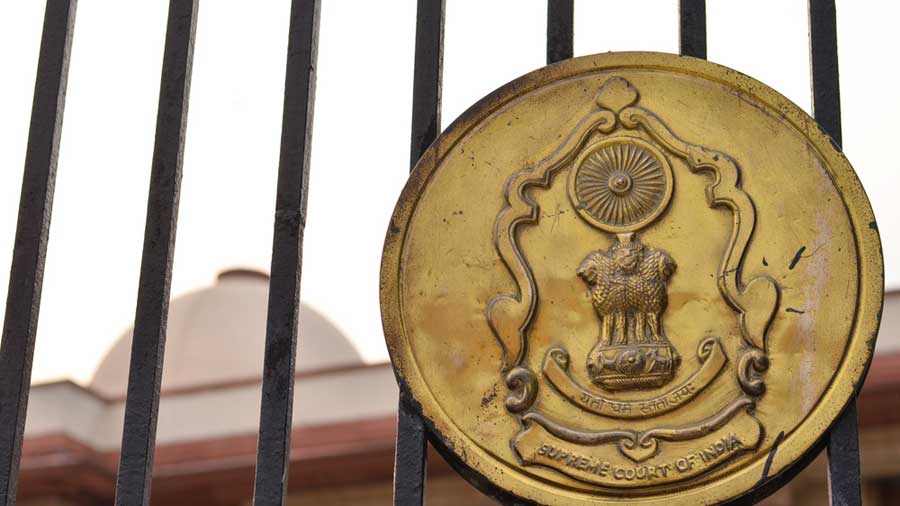In a significant verdict, the Supreme Court on Tuesday held that the National Company Law Tribunal (NCLT) cannot compel a party to settle a dispute under the Insolvency and Bankruptcy Code (IBC) as it is empowered “only to verify whether a default has occurred or not”.
The top court referred to the provisions of the IBC and said that the NCLT and its appellate body, NCLAT, had only two options available to either allow or reject the insolvency proceedings against the firm.
A bench comprising Justices D.Y. Chandrachud and A.S. Bopanna set aside the verdicts of the NCLT and the NCLAT which had asked the company to try to settle the claims of homebuyers within a time frame and had dismissed the pleas for the initiation of insolvency proceedings against Bharath Hi Tech Builders.
“We accordingly allow the appeal and set aside the impugned judgment and order dated 30 July 2020 of the NCLAT...and of the NCLT... The petition (of homebuyers) under Section 7 of the IBC is accordingly restored to the NCLT for disposal afresh,” the verdict said.
“The IBC is a complete code in itself. The Adjudicating Authority (NCLT) and the Appellate Authority (NCLAT) are creatures of the statute. Their jurisdiction is statutorily conferred. The statute which confers jurisdiction also structures, channelises and circumscribes the ambit of such jurisdiction. Thus, while the Adjudicating Authority and the Appellate Authority can encourage settlements, they cannot direct them by acting as courts of equity,” Justice Chandrachud, writing the judgment for the bench, said.
The 31-page verdict was critical of the decisions of the NCLT and the NCLAT saying that the panels are empowered only to verify whether a default has occurred or not.
“Based upon its decision, the Adjudicating Authority must then either admit or reject an application respectively. These are the only two courses of action which are open to the Adjudicating Authority in accordance with Section 7(5). The Adjudicating Authority cannot compel a party to the proceedings before it to settle a dispute,” it said. Undoubtedly, settlements have to be encouraged because the ultimate purpose of the IBC is to facilitate the continuance and rehabilitation of a corporate debtor, as distinct from allowing it to go into liquidation, it said.
The Adjudicating Authority and Appellate Authority (NCLAT), however, have proceeded to do in the present case is to abdicate their jurisdiction by directing the respondent to settle the remaining claims within three months, the apex court said.










